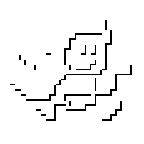I'm Just a Little Bruised, But I'll Be Alright
I'm Just a Little Hurt" – Navigating the Complexities of Emotional Pain in English

In the intricate tapestry of human emotions, there exists a delicate balance between vulnerability and resilience. When we find ourselves at the cusp of this balance, often, the words we seek to express our feelings elude us, especially when translating such subtleties across languages. The phrase "我只是受了点伤" encapsulates a profound yet nuanced sentiment, hinting at an emotional injury that, while significant, is perceived as manageable or recoverable. Rendering this into English as "I'm just a little hurt" can open a gateway to exploring the multifaceted nature of emotional pain and how it transcends linguistic boundaries.

To begin, let's dissect the phrase itself. "我只是受了点伤" carries a sense of minimalization. It's not to deny the hurt but to suggest that it is within one's capacity to handle. The word "只是" (just) functions as a qualifier, reducing the perceived severity of the injury, while "受了点伤" (suffered a little injury) conveys the essence of the hurt, emphasizing its physical or metaphorical nature. In English, "I'm just a little hurt" mirrors this sentiment, though it's crucial to recognize that the translation, while close, may not fully encapsulate the cultural nuances embedded in the original Chinese phrase.

The phrase's economy of words belies its depth. It speaks to a universal human experience: the tendency to downplay our pain, perhaps as a coping mechanism or a defense against further vulnerability. This self-preservation instinct is universally relatable, and it transcends cultural barriers. In English, expressing such nuanced emotions requires a blend of directness and subtlety, often achieved through tone, context, and the choice of vocabulary.
When we say "I'm just a little hurt," we might be communicating a myriad of emotions: disappointment, sadness, frustration, or even anger, all wrapped in a veil of self-reassurance. This phrase can function as a shield, protecting us from the fear of being overwhelmed by our feelings. It allows us to acknowledge our hurt while simultaneously reassuring ourselves that we can withstand it.
However, this minimization can also be a double-edged sword. On one hand, it enables us to maintain composure and continue functioning in our daily lives. On the other, it can lead to emotional suppression, where unaddressed hurt festers and potentially escalates into deeper psychological wounds. Recognizing this balance is vital for emotional health.
In English literature and everyday conversations, the exploration of emotional pain is rich and varied. Authors like J.K. Rowling, who subtly weaves themes of loss, grief, and resilience throughout the Harry Potter series, demonstrate how even minor injuries to the heart can leave lasting scars. Similarly, in everyday interactions, we might hear someone say, "I'm fine," when they're anything but, masking their true feelings with a facade of normalcy.
The English language offers several phrases that resonate with the sentiment of "我只是受了点伤":
1. "I'm a bit bruised, but I'll be okay." This phrase echoes the idea of physical injury but extends it metaphorically to emotional pain, suggesting that while there's been some damage, recovery is imminent.
2. "It hurts, but it's not the end of the world." Here, the speaker acknowledges the pain but immediately qualifies it, emphasizing that it's manageable and not catastrophic.
3. "I'm feeling a little down, but I'll bounce back." This expression captures the transient nature of the hurt, suggesting that it's a temporary setback rather than a lasting condition.
4. "I've taken a knock, but I can handle it." This phrase uses sporting terminology to illustrate resilience, implying that while there's been a setback, the individual possesses the strength to overcome it.
Each of these English expressions retains a sense of minimalization similar to "我只是受了点伤," yet they carry their own unique flavor and context. The choice of phrase often depends on the speaker's personality, cultural background, and the situation at hand.
In cross-cultural communication, translating such phrases can be particularly challenging. What might be considered minor in one culture might be viewed as significant in another. For instance, in some cultures, expressing strong emotions openly is encouraged, while in others, it's seen as a sign of weakness. Thus, when translating "我只是受了点伤," it's essential to consider the intended audience and the cultural context in which the translation will be received.
Moreover, the progression of emotional pain over time is worth noting. What starts as "a little hurt" can evolve into something more profound if left unaddressed. In English, we often talk about "bottling up emotions," a metaphor that underscores the dangers of suppressing feelings. By acknowledging even the smallest hurts, we pave the way for healing and growth.
In conclusion, "I'm just a little hurt" serves as a bridge between vulnerability and resilience, connecting the speaker's current emotional state with their capacity for recovery. This phrase, whether in Chinese or English, invites us to reflect on the delicate dance of human emotions and the ways we navigate through them. It reminds us that even in the face of hurt, there's strength in acknowledging it and moving forward.
By recognizing the nuances embedded in such expressions, we can foster deeper empathy and understanding across linguistic and cultural divides. Whether we're expressing our own emotions or interpreting those of others, the ability to communicate our hurt – even when it feels "just a little" – is a crucial step in building stronger, more resilient connections with one another.
In the end, it's not the magnitude of the hurt that defines us, but our ability to face it, process it, and ultimately, grow from it. And in that quiet, resilient admission of "I'm just a little hurt," we find a universal truth that transcends language and culture: the enduring power of the human spirit to heal and rise above.
- 上一篇: 水浒Q传手游:神兽种类概览
- 下一篇: 这首歌名究竟叫什么?快来揭晓答案!
-
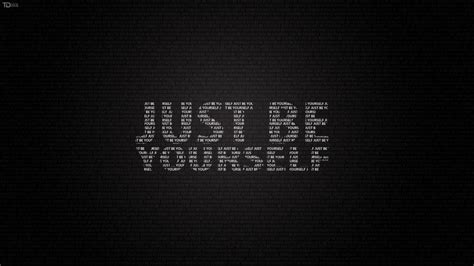
-
 探索Jason Chen《Just a Dream》歌词背后的深意资讯攻略03-16
探索Jason Chen《Just a Dream》歌词背后的深意资讯攻略03-16 -
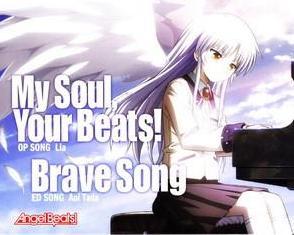
-
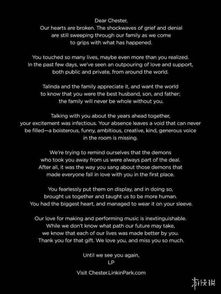 林肯公园《Numb》的震撼中文歌词解析资讯攻略11-27
林肯公园《Numb》的震撼中文歌词解析资讯攻略11-27 -
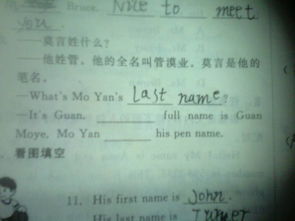 爸爸去哪儿:中英文对照歌词,一句英文一句中文详解资讯攻略11-26
爸爸去哪儿:中英文对照歌词,一句英文一句中文详解资讯攻略11-26 -
 揭秘“Be There or Be Square”的真正含义!资讯攻略01-30
揭秘“Be There or Be Square”的真正含义!资讯攻略01-30





